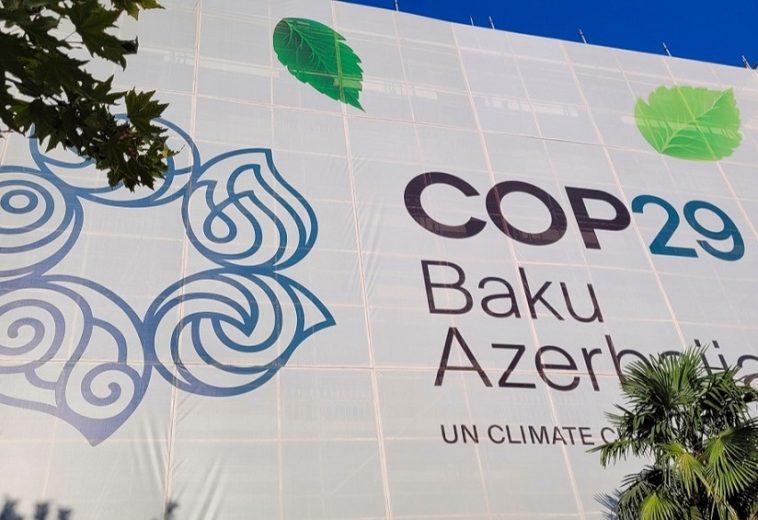Africa faces the dual challenge of fostering economic growth while combating the adverse effects of climate change. With a rapidly growing population, expanding urban centres, and increasing energy demands, the continent is actively seeking sustainable and affordable energy solutions. One promising option is Compressed Natural Gas (CNG), an alternative to conventional fossil fuels, such as petrol and diesel, for transportation and industrial purposes.
CNG is a form of natural gas compressed to less than 1% of its original volume, facilitating easier storage and transport. It serves as a cleaner alternative to traditional fuels in vehicles—including buses, lorries, and passenger cars—as well as in industrial applications for power generation and heating. As the world transitions towards greener technologies, Africa’s extensive natural gas reserves present an opportunity for the continent to reduce its dependency on imported fuels and contribute to global efforts to lower carbon emissions.
Africa holds significant natural gas reserves, making CNG a viable way to harness indigenous resources to fuel growing economies while addressing environmental and energy security challenges. The continent, home to some of the world’s most vulnerable ecosystems and populations, is already experiencing the impacts of climate change, such as rising temperatures, droughts, and desertification. CNG, as a cleaner alternative to conventional fossil fuels, offers clear environmental benefits.
CNG burns more cleanly than petrol and diesel, producing up to 30% less carbon dioxide (CO₂) than petrol and up to 40% less than diesel. Given that transportation is a major source of CO₂ emissions globally, CNG offers an opportunity to reduce harmful pollutants, such as nitrogen oxides (NOₓ) and particulate matter (PM), both of which are linked to respiratory diseases and cardiovascular issues. This is especially relevant for major African cities like Lagos, Cairo, Nairobi, and Johannesburg, where poor air quality is a serious concern due to high vehicular emissions.
Many African countries currently rely heavily on imported petroleum products, straining national budgets and heightening energy insecurity. By shifting to CNG, derived from domestic natural gas reserves, African nations could reduce reliance on costly and unpredictable oil imports. Countries such as Algeria, Nigeria, Mozambique, and Tanzania possess abundant natural gas reserves, providing a unique opportunity to enhance energy security and foster economic growth through local resource utilisation.
Fuel costs are a significant burden in Africa, where petrol and diesel prices are often high and volatile due to global oil market fluctuations. CNG is typically less expensive than petrol and diesel, making it a more affordable option for consumers and businesses alike. The adoption of CNG could also stimulate economic activity, creating jobs in sectors like energy production, transportation, and infrastructure development. New industries may emerge from the construction of CNG fuelling stations and the manufacturing of CNG-compatible vehicles, further contributing to economic growth.
Several African nations, including Nigeria, Algeria, Egypt, and Mozambique, have substantial natural gas reserves. By harnessing these resources for CNG production, African countries can reduce dependence on imported oil, which is subject to price volatility and supply disruptions. Additionally, using local resources for CNG could create a more resilient energy infrastructure, reducing vulnerability to geopolitical factors that affect oil imports.
However, there are several challenges to unlocking the full potential of CNG in Africa. These include a lack of refuelling infrastructure, high costs of importing CNG-compatible vehicles, inadequate regulatory frameworks, and limited public awareness and acceptance of CNG as a viable fuel alternative.
Some African countries are already taking steps to incorporate CNG into their energy and transport strategies. Egypt, for example, has launched an ambitious plan to convert thousands of cars to run on CNG, while South Africa is developing CNG refuelling stations in urban areas. Nigeria, one of Africa’s largest natural gas producers, is also exploring CNG use, particularly in public transport and commercial fleets.
The adoption of CNG can help reduce greenhouse gas emissions, improve air quality, lower transport costs, and enhance energy security across the continent. While infrastructure and public awareness pose challenges to widespread adoption, Africa’s natural gas reserves and increasing demand for cleaner energy make CNG a promising element of the continent’s energy future. With the right investments and policies, CNG could pave the way for a greener, more sustainable Africa.


















